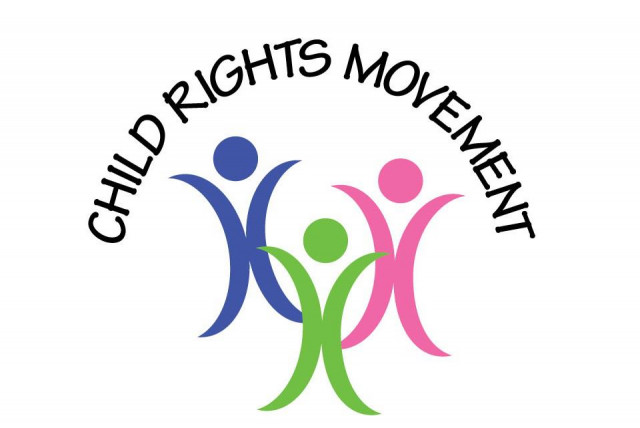CRM report: Enhanced budgetary allocations for children recommended
Pakistan’s position in HDI is lowest in South Asia.

A report has suggested enhanced budgetary allocations to meet the health, education, welfare and other needs of children.
The Child Rights Movement (CRM) report, titled “Taxation in Pakistan and its impacts on children’s lives”, was launched here on Monday.
The report suggested that investment on children needed to be ensured through targeted allocations to remove group disparities.
According to the document, social indicators in Pakistan were very low and its human development index (HDI) standing was lower than several other countries in South Asia.
The report points out that Pakistan is a country with extremely low social indicators which are not commensurate with its per capita income or growth rates in the past.
For instance, Pakistan’s ranking in HDI was 146 in the world in 2014, although its position in terms of GDP per capita was 135, the report said.
The report said that Pakistan has the second highest number of out-of-school children in the world. Similarly, key health indicators also show similar problems.
“When the social sector is given low priority, it is generally observed that the small allocated resources are highly skewed in favour of dominant groups and classes. Weak, vulnerable and marginalised communities are further sidelined in this process. Children are not given due priority while allocating public resources for various socioeconomic groups,” the report said.
It later says that low preference of investment on children has serious implications in terms of their health and education. Pakistan’s fiscal policy needs to be examined closely to identify the supply gaps in the social service delivery and to make recommendations to improve key social indicators for children.
The CRM report spelled that the collection of revenue has been the most serious challenge in Pakistan and the poor revenue collection is hampering resources allocations for the development needs of the country. The report said that Pakistan’s ability to collect taxes had shown decline or stagnation during last the 10 years.
The report said that annual GDP growth rate was less than five per cent in Pakistan, and slow growth and lower tax revenue collection always made it difficult for successive governments to spend more on social and development sectors.
CRM Coordinator Habiba Saleem said that the CRM and the Centre for Peace and Development Initiatives conducted the study, intending to suggest improvements in tax collection mechanisms and enhanced spending on children.
Advocacy and Child Rights Governance Director Arshad Mehmood said that social sector was not a priority of government and small resources were skewed in favour of dominant groups.
Published in The Express Tribune, November 11th, 2014.



















COMMENTS
Comments are moderated and generally will be posted if they are on-topic and not abusive.
For more information, please see our Comments FAQ